14. Training & Communication
Quick Read
Engaging with employees in innovative and integrated ways will help maintain a culture of integrity
Internal communication and training are essential in providing the necessary information, knowledge and skills to directors and employees in relation to the anti-bribery programme. They should bring to life the provisions set out in the company's code of conduct and the anti-bribery policies and procedures.
Engagement with employees through surveys, focus groups and dialogue with line managers can further deepen the way the company interacts with employees on its anti-bribery programme. The company’s leadership should reinforce messages with a strong tone from the top and from line managers who have an important role in representing and communicating the anti-bribery programme.
Key elements of best practice
- Integrated: Take an integrated approach to all aspects of anti-corruption employee engagement to ensure that employees receive consistent messaging and advice across: training, advice and whistleblowing channels, line management and departmental communications, incentives, appraisal, and recognition.
- Tailored communications and training: Implement tailored communications and training based on risk assessments of where bribery is most likely to be encountered by employees. Tailor training to local cultures and needs.
- Appropriate messages: Convey anti-bribery messages that are seen by employees as appropriate, attainable and which will build confidence and trust in the company and its integrity.
- Appraisal: Build compliance with the anti-corruption programme and completion of training into the appraisal procedure and ensure personnel files document training needs and training received.
- Continuous improvement: Encourage employees to make suggestions for improving anti-corruption internal controls and procedures.

